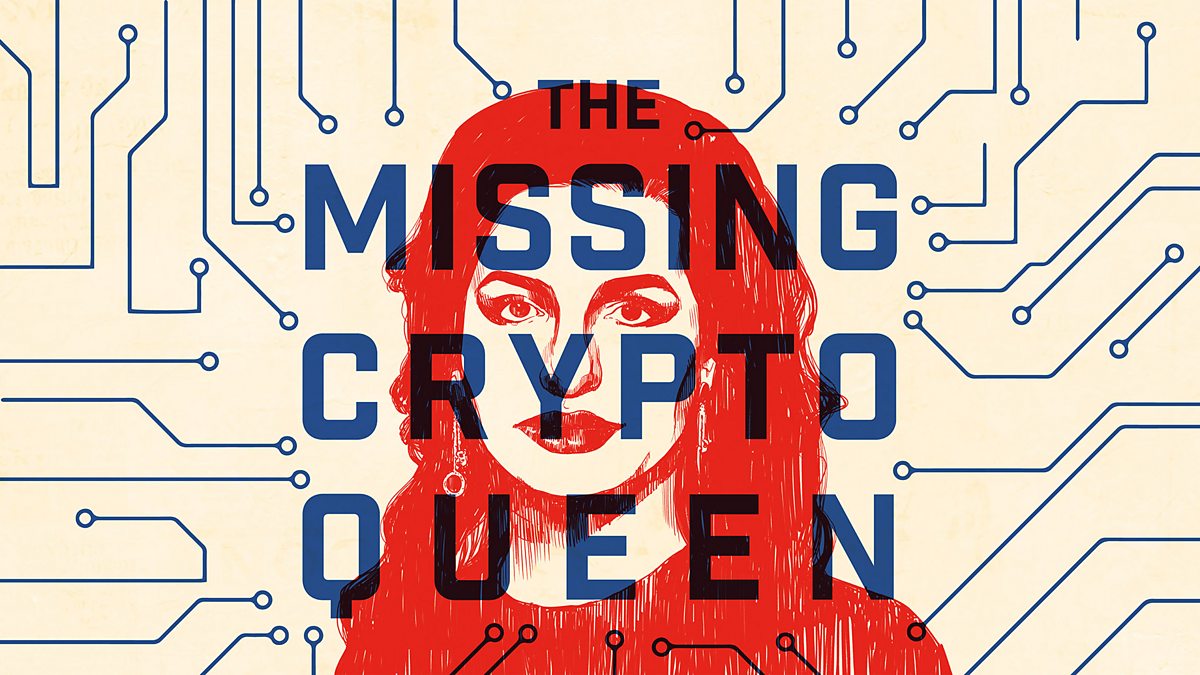A woman now known as the infamous “Cryptoqueen”, who is accused of defrauding investors of over $4 billion/USD worth of funds through the sale of a fake cryptocurrency, has now been placed on the FBI’s list of its 10 most-wanted fugitives.

She has now been missing for over 4 years, 8 months and 8 days.
The Federal Bureau of Investigation put up a $US100,000 ($A147,000) reward for Ignatova, who disappeared in Greece in October 2017 around the time US authorities filed a sealed indictment and warrant for her arrest.
Ignatova was no stranger to prior criminal activities. In 2012, she was convicted of fraud in Germany in connection with her and her father Plamen Ignatov’s acquisition of a company that shortly afterwards was declared bankrupt in dubious circumstances; she was given a suspended sentence of 14 months’ imprisonment.
In 2013, she was involved with a multi-level marketing scam called BigCoin.
It wasn’t until 2014, in which she founded the Ponzi scheme, “OneCoin”, described by The Times as “one of the biggest scams in history”.
US prosecutors have alleged the scheme brought in approximately $4 billion worldwide. In China, law enforcement recovered 1.7 billion yuan (US$267.5 million), while prosecuting 98 people.

Ignatova disappeared in 2017 near the time a secret US warrant was filed for her arrest and her brother, Konstantin Ignatov took her position. Most of the leaders have now disappeared or been arrested, though Ignatova has not.
The Oxford-educated entrepreneur told investors she had created the “Bitcoin killer”, but the files suggest she secretly amassed billions in her rival currency before she disappeared.
Officials said that OneCoin was not backed by any secured, independent blockchain-type technology as other crypto currencies are.
Instead, they said, it was a classic Ponzi scheme, in which early investors are encouraged to find others and then paid out by receipts from later investors.
“OneCoin claimed to have a private blockchain,” said FBI Special Agent Ronald Shimko in a statement.
“This is in contrast to other virtual currencies, which have a decentralised and public blockchain. In this case, investors were just asked to trust OneCoin,” he said.
“Investigators believe Ignatova may have been tipped off that she was under investigation by US and international authorities,” the FBI said on Thursday.
“She travelled from Sofia, Bulgaria, to Athens, Greece, on October 25, 2017, and has not been seen since.”
Michael Driscoll, the FBI’s assistant director-in-charge in New York, declined to comment on any leads as to where Ignatova may be. The bureau adds fugitives to its most-wanted list when it believes the public may be able to assist with tracking them down.
“She left with a tremendous amount of cash,” Driscoll told reporters. “Money can buy a lot of friends, and I would imagine she’s taking advantage of that.”
Clearly Ignatova was good with her words and persuasion, much of it backed up by a convincing resume. “Ignatova had a sterling resume, she reportedly studied law at Oxford and worked at McKinsey, but she now sits side by side on the top 10 list of cartel leaders, kidnappers and murderers,” Damian Williams, the US Attorney for the Southern District of New York said at a news conference on Thursday.
Ignatova filled auditoriums across the globe urging investors to join “the financial revolution” and promising them that OneCoin “would transform the life of the unbanked people,” Williams said. Instead she was “just capitalising on the frenzied speculation in the early days of cryptocurrency.”

Details first surfaced in 2021 in leaked documents from Dubai’s courts, posted online by a lawyer who crowned Dr Ruja – as she’s known – the “most successful criminal in history”.
The information presented from what has now been dubbed the “Dubai files”, suggests that Dubai was an important financial route for Dr Ruja, something the FBI alluded to in naming the United Arab Emirates as one of five countries she has known connections to.
It is here that it is believed a massive Bitcoin deal was struck with an Emirati royal, Sheikh Saoud bin Faisal Al Qassimi, the son of a wealthy business tycoon.
The files further suggest that in 2015, Sheikh Saoud gave Dr Ruja four USB memory sticks containing 230,000 Bitcoin – worth around $50m/USD at the time.
In return, Dr Ruja handed over three cheques to Sheikh Saoud from Mashreq Bank, totalling around 210m Emirati dirhams, roughly $52m/USD.
Asked about the alleged Bitcoin deal, his relationship with Dr Ruja, and his role at ICAFE, Sheikh Saoud’s lawyer did not directly respond, but wrote: “All the information you have is baseless”.
The alleged Bitcoin transaction is said to have taken place using what’s called cold-storage wallets, making it very difficult to ascertain if it actually happened.
This is what makes this case even more so important. If Dr Ruja still has the 230,000 BTC, she would be one of the currency’s largest holders.
For comparison, MicroStrategy and Michael Saylor hold around 130,000 BTC.
In November 2021, her stake would have peaked at nearly $15bn, but at the time of writing it has dropped to around between $4bn and $5bn, still more than enough to help her stay hidden.
